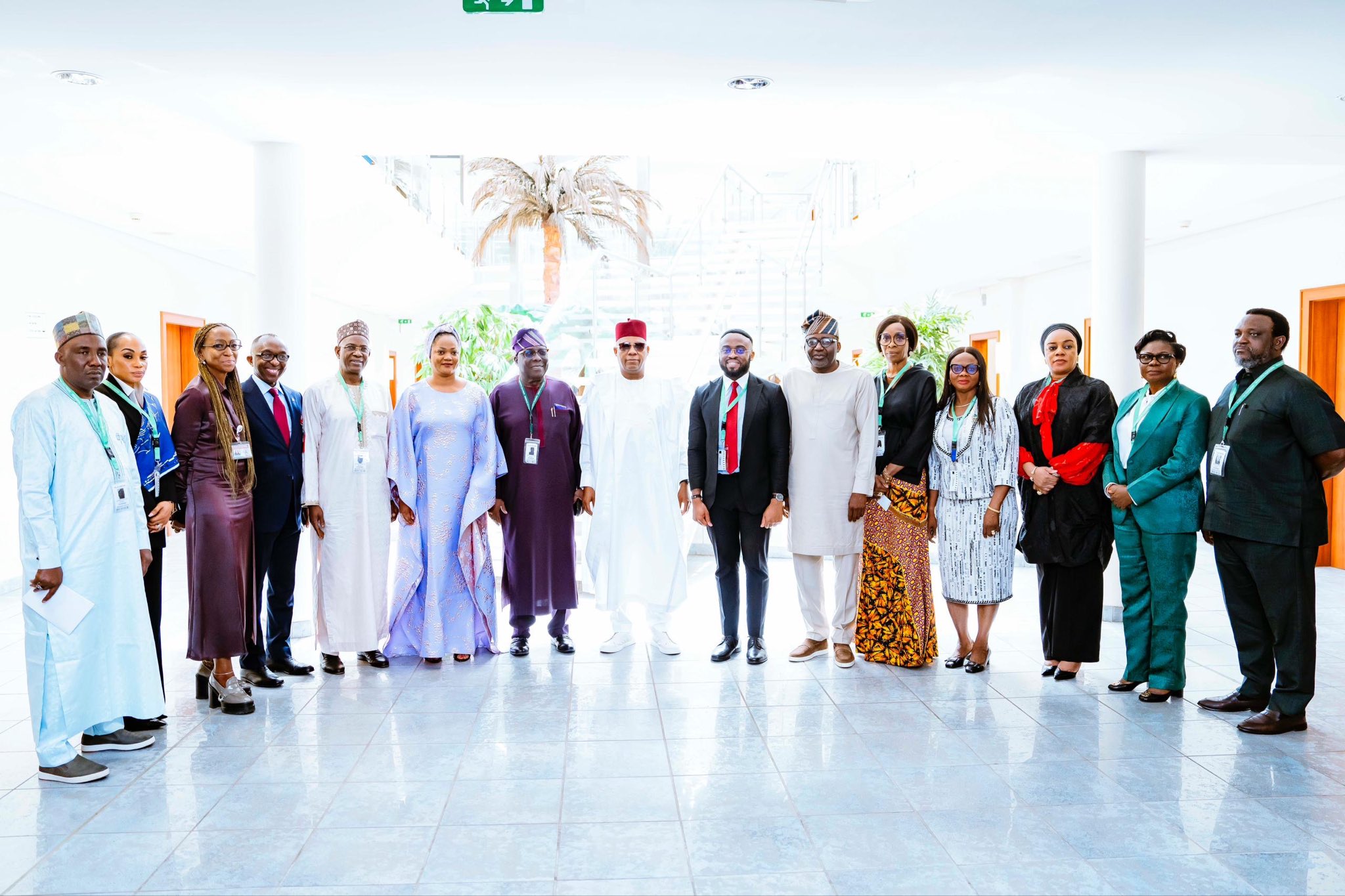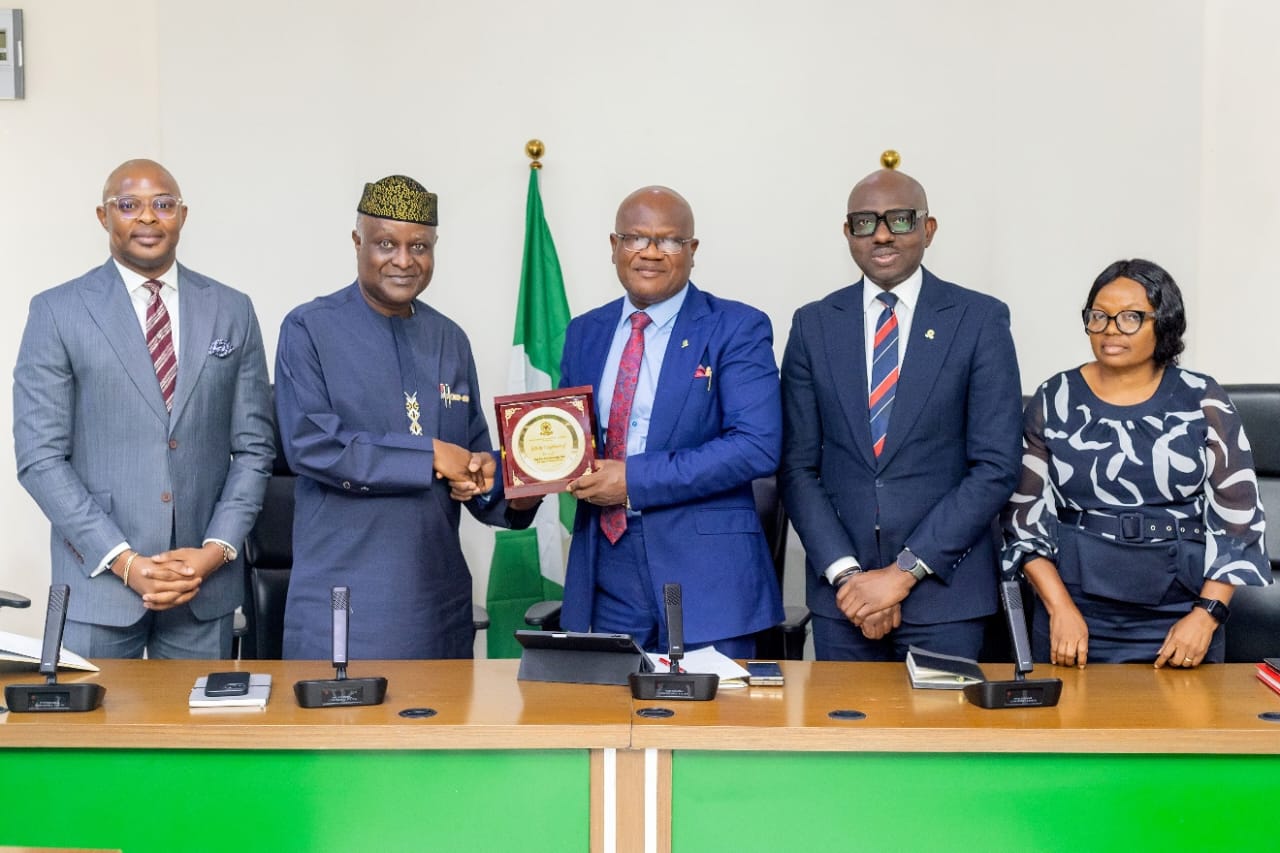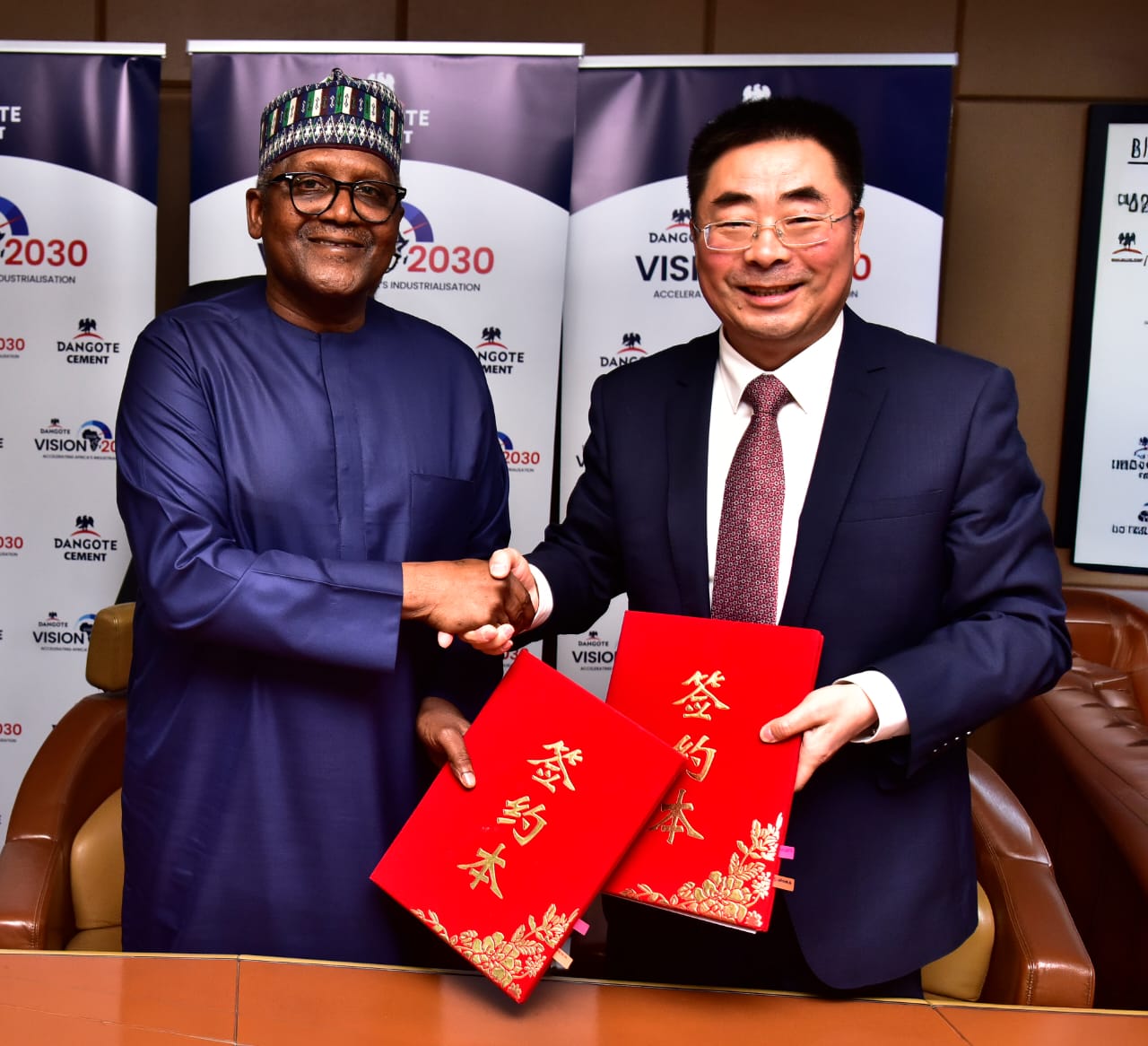African Development Bank Group Annual Meetings 2025 To Focus On Harnessing Africa’s Capital For Continent’s Development

The African Development Bank Group’s 2025 Annual Meetings next month will take a deep dive into how Africa can better harness its wealth of capital and address current issues such as heavy debt burdens, climate change and rising tariffs in a complex geopolitical landscape, the institution’s Secretary General and Chief Economist said on Wednesday.
Prof. Vincent Nmehielle, Secretary General of the African Development Bank Group and Prof. Kevin Urama, Chief Economist and Vice President for Economic Governance addressed journalists at the traditional press briefing which takes place ahead of the institution’s annual meetings.
The hybrid meeting took place at the Bank’s headquarters in Abidjan and online, with the participation of over 100 representatives of news organisations worldwide.
Nmehielle, speaking in his capacity as Secretary to the respective Boards of Governors of the Bank and the African Development Fund as well as the Boards of Directors, said the meetings would take place from the 26th to the 30th of May 2025, at the Sofitel Abidjan Hotel Ivoire in Abidjan, Côte d’Ivoire.
The Secretary General ran through the objectives and the agenda of the annual meetings and noted that a key session would be the election of the next president of the Bank, following the end of the 10-year term of current president, Dr Akinwumi Adesina.
The new president would be selected out of five candidates from five African countries, by the Bank Group’s 81 governors through a double majority—50 plus one percent of the vote of all the 81 shareholders and 50 plus 1 percent of the regional member countries. The new president would be sworn in on 1st September, Nmehielle said.
Harnessing Africa’s capital for its development needs
Speaking on the theme of this year’s annual meetings: “Making the Most of Africa’s Capital to Foster Its Development,” Urama said the focus was clear—harnessing better what Africa has already to drive development in Africa, through its rich fiscal, human capital, natural and business capital.
Discussion with heads of state, ministers, civil society, experts and the bank’s development partners during the four major knowledge events, as well as a presidential dialogue, would ensure a thorough dissection of the theme of this year’s meetings and concrete proposals to address the how of what needs to be done, Urama said.
The African Development Bank’s 2025 African Economic Outlook report to be released during the annual meetings would address the changing global economic landscape, debt burdens and resource mobilisation to assist African countries to build effective institutions, he added.
Journalists asked questions on topics ranging from ongoing trade tariffs imposed by the United States, the loss of USAID financing and procedural questions on the election of a new president for the African Development Bank.
Urama noted that a point raised about trade wars aligned well with the overall theme of this year’s conference—making Africa’s capital work better for Africa’s development—and that discussions would look at business capital, including issues around tariffs.
“The impact of trade tariffs on economies are well known, but also it depends on how countries respond to the domestic policies of those with whom they trade,” Urama said, adding that this subject would be dealt with in the report as he extended an invitation to journalists to attend.
Nmehielle said dwindling aid and higher tariffs should encourage Africans to look inward for their solutions.
“Africa’s capital should work for Africa, tell our leaders that they have to look inward and let our capital work for Africa,” he told the journalists.
Media partners can help tell Africa’s development story
Both leaders urged journalists to tell the continent’s development story in a clear and unbiased manner with a focus on facts and not just the negatives. “Narratives matter and you are the best people to create positive narratives… Africa has enough… let’s not bemoan the decline in aid… let’s focus our narrative on what Africa can do,” Urama said.
“You as journalists are a part and parcel of making our institution’s work. The whole essence of your work is also about accountability,” Nmehielle said urging journalists to call out institutions for not working. “You can help exposing inefficient institutions … it’s the responsibility of everyone,” Nmehielle said.
African Development Bank president Adesina has been highly critical of the “Africa premium” that countries pay when accessing capital markets, despite data showing that Africa’s default rates are lower than those of other regions. He has made repeated calls for an end to this risk perception, which he said leads to higher borrowing costs for African nations.
During the Annual Meetings of the African Development Bank Group, its Boards of Governors, as the highest decision-making and oversight organs of the Bank and the Fund, review the annual report on the finances, operations and other activities of the Bank and the Fund during the preceding financial year.















